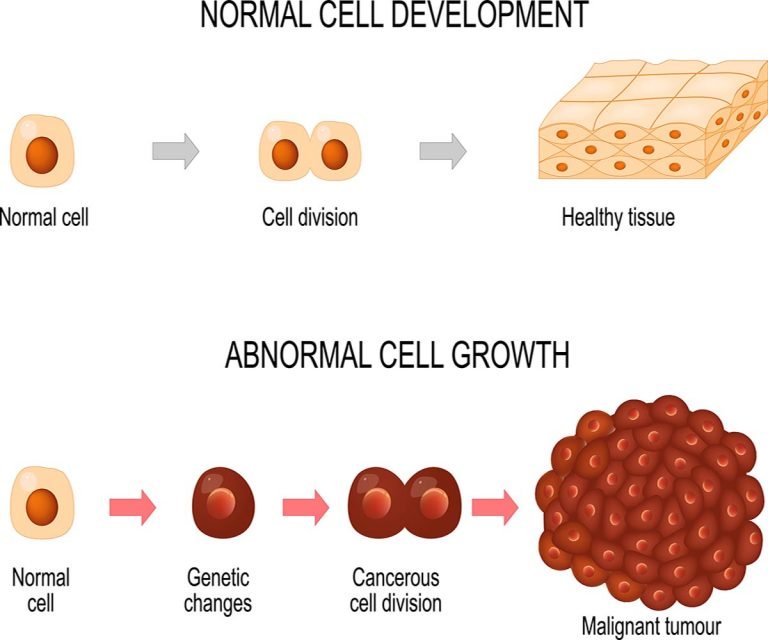How Temporomandibular Joint Dysfunction Specialists Diagnose and Treat Jaw Disorders
Temporomandibular joint dysfunction (TMJ) is a condition that affects the joints connecting the jawbone to the skull, leading to pain, discomfort, and difficulty in jaw movement. People suffering from TMJ disorders often experience headaches, facial pain, jaw clicking, or limited mouth opening. Early diagnosis and treatment are crucial to prevent worsening symptoms and improve quality of life. For individuals in need of professional care, consulting temporomandibular joint dysfunction specialists is the most effective approach to addressing these complex jaw disorders.
These specialists are trained to evaluate, diagnose, and treat TMJ disorders using a combination of clinical expertise and advanced diagnostic tools. Their treatment plans are personalized, focusing on relieving pain, restoring jaw function, and preventing further complications.
Understanding Temporomandibular Joint Dysfunction
Temporomandibular joint dysfunction can result from multiple factors, including:
- Injury or Trauma: Accidents that impact the jaw or head can damage the TMJ.
- Arthritis: Inflammatory conditions like osteoarthritis or rheumatoid arthritis can affect the joint.
- Teeth Grinding and Clenching: Also known as bruxism, these habits place excess pressure on the jaw joint.
- Structural Jaw Issues: Misalignment of teeth or jawbone can contribute to TMJ disorders.
Identifying the underlying cause is critical for developing an effective treatment plan. Specialists carefully assess each patient’s medical history, symptoms, and lifestyle factors to determine the source of the problem.
Diagnostic Approaches Used by Specialists
Diagnosing TMJ disorders involves a comprehensive approach. Temporomandibular joint dysfunction specialists typically employ the following methods:
- Physical Examination: The dentist or specialist examines the jaw for tenderness, swelling, or abnormal movement. They may also listen for clicking or popping sounds during jaw motion.
- Medical and Dental History Review: A thorough review helps identify risk factors, such as bruxism, previous injuries, or chronic pain conditions.
- Imaging Tests: X-rays, MRI, or CT scans are used to examine the bones, joints, and soft tissues. These tests provide a detailed view of the joint structure, helping pinpoint abnormalities.
- Bite Analysis: Specialists may assess how the teeth align and how the jaw functions during opening, closing, and lateral movements.
By combining these diagnostic tools, specialists can accurately identify the type and severity of the TMJ disorder, ensuring targeted treatment.
Treatment Options for TMJ Disorders
Treatment plans for TMJ disorders vary depending on the cause and severity of the condition. Common approaches include:
- Medications: Pain relievers, anti-inflammatory drugs, or muscle relaxants are often prescribed to reduce discomfort and inflammation.
- Dental Appliances: Mouthguards or splints help prevent teeth grinding, reduce stress on the jaw joint, and promote proper alignment.
- Physical Therapy: Jaw exercises, stretching, and massage techniques improve mobility, strengthen muscles, and alleviate tension.
- Lifestyle Modifications: Reducing stress, avoiding hard or chewy foods, and practicing proper posture can help relieve pressure on the jaw.
- Minimally Invasive Procedures: In more severe cases, specialists may recommend corticosteroid injections or arthrocentesis, which involve flushing the joint to reduce inflammation and improve movement.
- Surgical Intervention: Surgery is typically considered a last resort when conservative treatments are ineffective. Procedures may include joint repair or replacement, depending on the condition.
Importance of Early Intervention
Seeking treatment from temporomandibular joint dysfunction specialists at the first sign of symptoms can prevent chronic pain and long-term joint damage. Early intervention allows specialists to apply conservative treatments effectively, often avoiding the need for surgery. Patients benefit from reduced discomfort, improved jaw function, and better overall quality of life.
Preventive Measures to Protect Jaw Health
In addition to professional care, adopting preventive practices can minimize the risk of TMJ disorders:
- Avoid excessive chewing of gum or hard foods
- Practice stress management techniques to reduce jaw tension
- Maintain proper posture, especially during prolonged desk work
- Wear a nightguard if prone to teeth grinding
- Attend regular dental check-ups to monitor jaw and teeth alignment
Conclusion
Temporomandibular joint dysfunction can significantly impact daily life, but timely diagnosis and treatment by temporomandibular joint dysfunction specialists can provide effective relief. By utilizing thorough diagnostic methods and personalized treatment plans, specialists help patients restore jaw function, reduce pain, and prevent long-term complications. Coupled with preventive measures and lifestyle adjustments, professional care ensures lasting relief and improved oral health.







